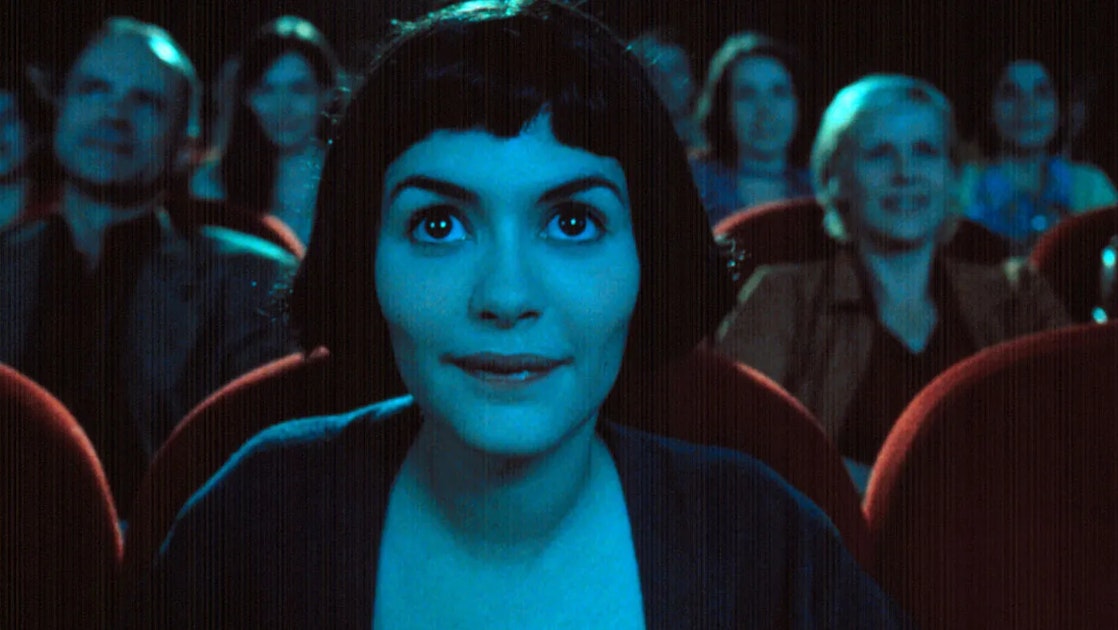Amélie: Kindness Despite Cynicism

Amélie - the only movie to literally change my life.
In 2001, Jean-Pierre Juenet's Amélie quietly arrived in theaters and left an enduring mark on cinema. At an initial glance, the film is a whimsical Parisian fairy tale. It follows an introverted waitress - Amélie - who dedicates her life to bringing daily joy to others. However, underneath all its charm and flightiness lies the deeply relevant question - what role does kindness play in a world often driven by self-interest and cynicism?
Amélie is surrounded by loneliness, and finds herself detactched far from the people around her. It would be easy for her to follow suit of her neighrbors, who hide behind eccentrism, or her father who retreats into his routine of solitude. It would be easy for her to indulge the self-absorbed nature of those around her, yet she rebels against this. Through a vehicle of anonymity and silence, she commits to acts of generosity.
- Reunites a man with childhood memorabillia
- Comforts a widow's grief
- Nudges people towards joyous moments
These are small deeds, yes, and frankly invisible to the larger world, yet they ripple through the people at the other end of them in unimaginable ways.
In a modern culture that promotes cynicism, where headlines are dominated by competition, and loathe seems to be at the foundation of many, Amélie's approach borders the line of radicalism. She reminds us that hope does not have to be grandiose, or even acknowledged - it can live through the smile we give our passersby.
The film doesn't fail to recognize that kindness towards others is not a unicorn that solves all problems, in fact, it highlights Amélie's own fear and anger. The film suggests that kindess is only one half of the unicorn equation, kindness and hope also demand courage, the willingness to step into the unknown despite rejection. In this sense, Amélie can be more about self-discovery through kindness and courage, than it is about altruism.
Now, this isn't all to say that you can never get angry, that you can never let a mean name slip out, or that you can never dislike anyone. In fact, I am arguing that in despite of the previously noted, natural human flaws, choosing to be kind, and to not fall victim to the ease of selfishness, is what makes you more connected with yourself, and with others.
Perhaps this is why the movie lingers amongst myself, and many others so much. It doesn't promise that kindness will solve all problems or ease suffering - it instead suggests: in an indifferent world, hope survives.
Written by me | September 2025
